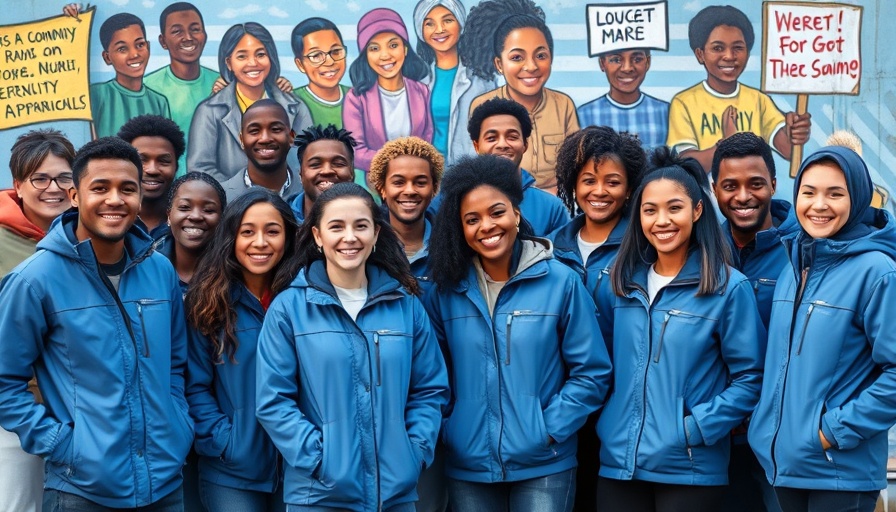
Harnessing Federal Climate Investments for Sustainable Communities
The U.S. finds itself at a crossroads with its historic investment of $27 billion through the Greenhouse Gas Reduction Fund (GGRF). At this critical juncture, we face not only the looming threat of climate change but also the deeply entrenched economic and social disparities that often exacerbate these environmental challenges. The mandate for 40% of climate funds to benefit low- and moderate-income (LMI) and historically marginalized communities is a valid initiative aimed at ensuring communities that are disproportionately affected by climate impacts can access vital resources.
Navigating Challenges in Climate Funding
Despite these encouraging developments, considerable challenges remain. Effectively directing GGRF resources will require a fortified commitment to community readiness, guaranteeing that financial investments not only bolster climate resilience but also foster economic growth in historically disenfranchised communities.
To this end, Pacific Community Ventures (PCV) is introducing its Climate Justice Mobilization Fund. This fund aims to provide targeted lending products with additional support for small businesses engaged in climate solutions. By focusing on businesses owned by Black, Indigenous, Latinx, and other underrepresented groups, PCV aims to precipitate a more equitable distribution of climate funds and promote inclusive growth across diverse communities.
Innovative Financing Solutions
PCV’s approach includes two innovative loan offerings specifically designed to meet the needs of small businesses. The Good & Green small business loan aims to provide working capital for sustainable operations, enabling businesses to contribute positively to the climate economy. Additionally, the Contractor Capital Solutions loan focuses on aiding contractors with flexible financing options, allowing them to enhance their capacity to engage in public projects.
Empowering Underserved Communities
This strategic funding is not just about economic gains; it’s about building wealth and creating jobs in communities that need it the most. The accessibility of these funds will help overcome liquidity barriers that often hinder small businesses from participating in the climate transition. Empowering these initiatives is crucial for a successful and equitable climate agenda.
 Add Row
Add Row  Add
Add 




Write A Comment